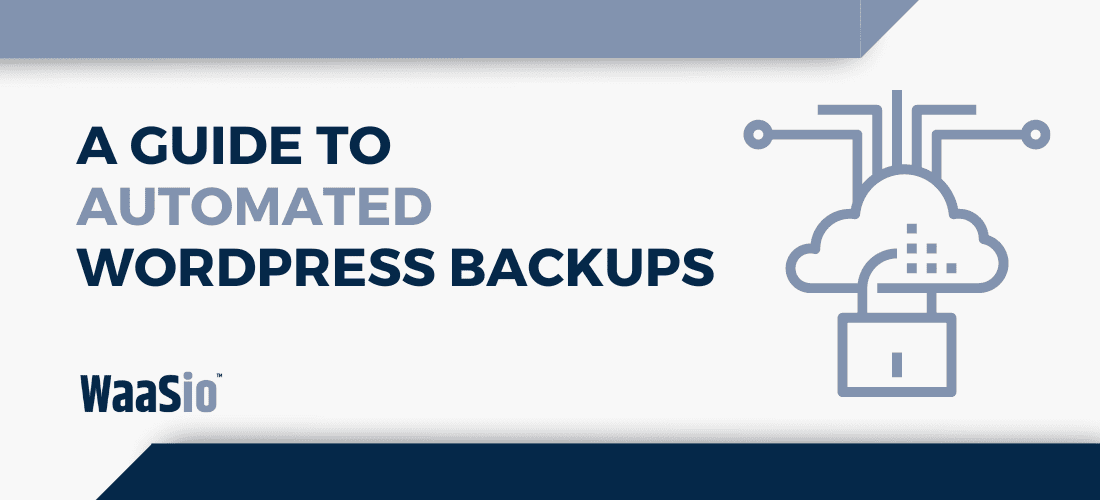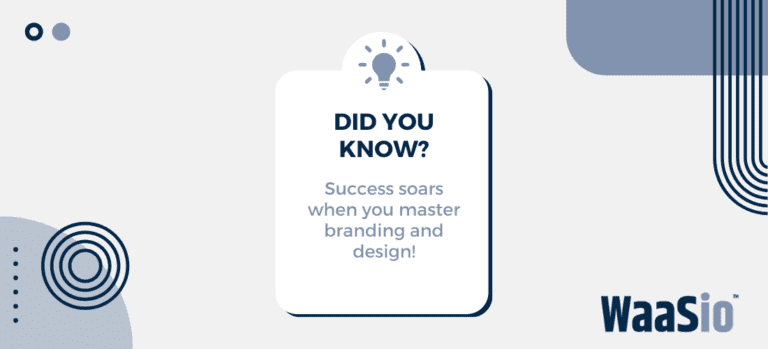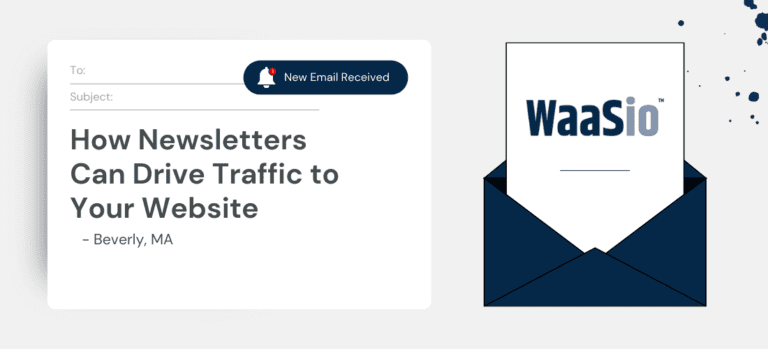
Introduction: Why Automate Your WordPress Backups?
In the digital age, data is the backbone of any online presence, and for WordPress site owners, safeguarding that data is paramount. Here’s why automating backups for WordPress sites is not just a convenience, but a necessity:
- Consistency: Automation ensures that backups are done regularly, providing a consistent safety net for your website.
- Time-saving: Once set up, automated backups run in the background, freeing up valuable time that can be spent on other business operations.
- Error Reduction: Manual backups are prone to human error; automation diminishes this risk significantly.
- Immediate Recovery: In case of a site malfunction or hack, an automated backup system allows for quick restoration to the last saved state.
Benefits of a Set-and-Forget Backup Approach
By automating backups for WordPress sites, you engage in a ‘set-and-forget’ approach which has multiple benefits:
- Reduces the chance of forgetting to perform regular backups.
- Gives peace of mind knowing backups are taken care of.
- Allows for immediate action in case of unexpected data loss incidents.
Moving into the next sections, we will delve deeper into how automating your WordPress backups can serve as a strategic approach to web data management, examine selecting the right WaaS (WordPress as a Service) provider tailored for automatic backups, and discuss the logistical setup. Following these guidelines will ensure that your WordPress site experiences minimal downtime and maximizes its potential for resilience against data loss.
Preparing for Automation
Before jumping into the technicalities, it’s essential to understand the groundwork of preparing your WordPress site for backups:
- Select the content you want to backup (database, files, or both).
- Decide on the frequency of backups based on your website’s update rate.
- Evaluate storage options for saving your backups securely.
This foundational understanding leads us into exploring the ultimate guide to setting up your WordPress backups automatically.

The Ultimate Guide to Automating Backups for WordPress Sites
Regular backups are the safety net of your online presence. Automating this process for your WordPress site can save you time, and prevent data loss disasters. Here’s how:
Understanding Automation Options
- Plugins: Utilize backup plugins like UpdraftPlus or BackupBuddy that can schedule and manage backups for you.
- Hosting Services: Some hosting providers offer built-in automated backups as part of their service.
- Cron Jobs: Set up a cron job if you prefer to automate the backup process directly from your server.
Benefits of Automatic Backups
- Consistency: Scheduled backups ensure your data is saved regularly without manual effort.
- Off-Site Storage: Store your backups in remote locations like Dropbox or Google Drive for added security.
- Peace of Mind: With automation, you’re protected against unexpected events that could lead to data loss.
Best Practices for Backup Automation
- Ensure all types of data are being backed up, including database, media files, themes, and plugins.
- Test your backups periodically to confirm they can be restored successfully.
- Keep multiple backup versions to safeguard against corruption in recent changes.
Moving to an automatic system takes the stress out of remembering to back up your site and ensures that, should the worst happen, you have a robust recovery system in place. Not only does it keep your data secure, but it also allows you to spend more time focusing on growing your business rather than on maintenance tasks.
Next, we’ll look into selecting the right WordPress as a Service (WaaS) provider that aligns with your automatic backup needs, ensuring optimal efficiency and security.

Selecting the Right WaaS Provider for Automatic Backups
Ensuring your WordPress site’s data is safe hinges on choosing an optimal WaaS (WordPress as a Service) provider for automatic backups. This decision can affect the reliability and ease of restoring your site when needed.
Evaluating Your Needs
- Frequency of Updates: How often you update your site will inform the frequency of backups you need.
- Size of Your Website: Larger websites may require more robust backup solutions.
- Level of Customization: Highly customized sites might need specialized backup services.
Key Features to Look For
- Automated Backup Scheduling: Choose a service that allows you to set up regular, automatic backups.
- Storage and Security: Ensure your data is stored securely and has redundancy measures in place.
- One-Click Restore Options: In times of crisis, quick restore capabilities are vital.
- Customer Support: Accessible and knowledgeable support can be a lifesaver.
Top WaaS Providers for Consideration
- BackupBuddy: A popular choice with one-time payment options.
- VaultPress (part of Jetpack): Offers real-time backup solutions.
- UpdraftPlus: Ideal for those looking for free and premium versions.
After selecting your WaaS provider, setting up your automated backup schedule is the next crucial step. Determine how often your site needs backing up – whether it’s hourly, daily, or weekly. Remember, the goal is to balance between not losing critical data and not overloading your storage with too many backups.
Next Step: Configuring Backup Frequencies
With knowledge about the importance of automatic backups and criteria for choosing the right provider at hand, we’ll now delve into Setting Up Your Automated Backup Schedule. This ensures your WordPress data protection strategy is not only reliable but also tailored perfectly to your site’s specific needs.

Setting Up Your Automated Backup Schedule
Ensuring your WordPress site’s data is secure means setting up a consistent backup schedule. Here’s how to automate the process effectively:
Understanding Backup Frequency
- Daily Backups: Ideal for websites that are updated frequently.
- Weekly Backups: Sufficient for sites with less frequent updates.
- Monthly Backups: Best for static sites without regular changes.
Selecting the Time of Day
- Choose a low-traffic period to avoid slowing down your website during backups.
- Scheduling overnight can be effective for many businesses.
Utilizing Your WaaS Provider’s Tools
Most WaaS (WordPress as a Service) providers offer easy-to-use scheduling tools. These generally include:
- A simple interface to select frequency and time.
- Options to save backups to various locations, like the cloud or an external drive.
Backup Rotation and Retention
Maintain a balance between having enough backup points and conserving storage space:
- Keep several iterations of backups (e.g., last 7 daily, last 4 weekly).
- Delete older backups automatically to free up storage.
After configuring your automated backup schedule, you will have taken a significant step towards protecting your WordPress data. However, it’s not just about setting it and forgetting it; ensuring the integrity of these backups is crucial.
Next Step: Verifying Your Backups
In the following section, we’ll delve into how to regularly check your backups to confirm they’re functioning correctly. You’ll learn strategies for verifying backup integrity and ensuring that, if disaster strikes, your WordPress site can recover swiftly and completely.

Protecting Your WordPress Data with Regular Backups
The cornerstone of WordPress data security lies in carrying out regular backups. It is critical to ensure that you have a recent backup of your website so that in the event of any problem, such as a hack or a malfunction, you can restore your site to its previous state without significant loss of data or service interruption. Here are some actionable strategies:
Establish Routine Backup Frequency
- Daily Backups: Ideal for high-traffic sites where content changes frequently.
- Weekly Backups: Good for smaller sites with less frequent updates.
- Real-time Backups: Some services offer immediate backups with every change made.
Choose the Right Backup Components
- Database: Contains all your posts, comments and website settings.
- Files: Your themes, plugins, media, and core WordPress files.
Secure and Accessible Storage Options
Store your backups in a location separate from your hosting provider. This can include:
- Cloud storage services like Dropbox, Google Drive, or Amazon S3.
- A physical device like an external hard drive or USB stick.
Automating your backups not only secures your data but also simplifies the process, eliminating the need for manual interventions. Most importantly, automated backups should be regularly tested to ensure they are functioning correctly and that data can be restored successfully.
Next, we’ll delve into how these automated backups can not only protect your business’s vital data but also save you considerable amounts of time and money by preventing potential disasters before they happen.

How Automated Backups Can Save Your Business Time and Money
Automated backups are not just a convenience; they’re a cost-effective strategy that can significantly impact your bottom line. Here’s how:
Reduced Labor Costs
- Time Efficiency: Manual backups require manpower. Automating this process frees up staff to focus on tasks that directly contribute to revenue generation.
- Simplified Processes: Setting up automatic backups simplifies the workflow, reducing the need for specialized IT staff.
Preventing Costly Data Loss
- Avoiding Downtime: Data loss can halt business operations. Automated backups ensure you have a recent save to restore and get back online quickly.
- Customer Trust: Consumers expect reliability. A data breach or loss can damage reputation and lead to customer attrition. Automation helps maintain consistent service.
Operational Resilience
- Disaster Recovery: Automated backups are vital for a swift recovery after a disaster, minimizing economic impacts.
- Regulatory Compliance: Many businesses operate under regulations that require regular data backups. Automation ensures compliance without additional effort or expense.
By investing in automated backups, not only do you safeguard against data disasters, but you also optimize your workforce’s productivity and protect your bottom line against the costs associated with data loss incidents.
With these compelling benefits in mind, it’s clear that automated backups form an essential piece of any WordPress site management strategy.
Now that we understand the savings potential of automated backups, let’s move onto ensuring that you select a dependable WaaS provider that aligns with your backup needs.

Conclusion: The Future of WordPress Data Security with Automated Backups
The landscape of data security is ever-evolving, and with it, the tactics we must employ to safeguard our WordPress sites. As we look to the future, automating backups for WordPress sites stands at the forefront of preserving website integrity and ensuring continuity of operations. Here’s what lies ahead for WordPress data security:
- Increased Integration: Automated backup solutions will become more deeply integrated with WordPress core functions, making them easier to manage directly from your dashboard.
- Advanced Automation: Enhanced automation capabilities will make backups virtually hands-free, scheduling themselves based on website activity and data volume.
- Smarter Technologies: With advancements in machine learning and AI, expect future automated backups to be smarter, with the ability to predict potential threats and adjust accordingly.
Trends Shaping Automated Backups
- Real-time backup solutions are likely to become standard, providing instantaneous data protection.
- Cloud storage options will expand, offering more secure and scalable solutions for large websites.
- Cybersecurity measures will grow with end-to-end encryption becoming a basic feature of backup services.
In conclusion, as we continue to rely heavily on digital platforms like WordPress, the significance of data security cannot be overstated. Automated backups are not merely a convenience; they are an essential component of a robust security strategy. Investing in such systems today can save countless hours and resources tomorrow, all while providing peace of mind that your site’s data is secure.
As we wrap up our discussion on automating backups for WordPress sites is crucial, the takeaway is clear: automated backups are an invaluable safety net. Every WordPress site owner should prioritize setting up an efficient and reliable backup system. Remember, in the realm of data, it’s always better to be safe than sorry. Let’s embrace these technological solutions to protect and propel our digital ventures forward.














